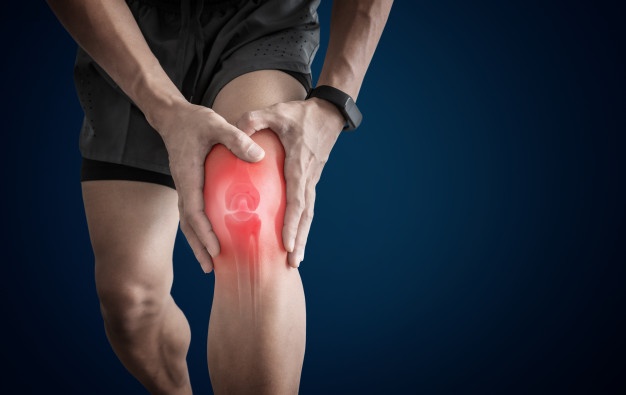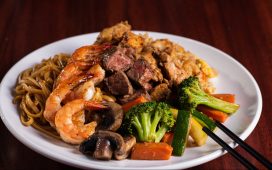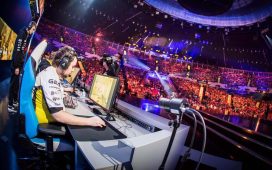Table Of Contents
Food acts as a fuel to the body which helps athletes in performing their best. In order to fuel your body like professional athletes you have to take a nutrition rich diet. Even professional athletes have the margin of maximizing their workout results by rightly fueling their bodies through diet. Eating a nutritious diet is crucial for maximizing your workout results and promoting post-workout muscle recovery. Furthermore, achieving expertise through an Assisted and PNF Stretching Certification not only expands your knowledge of effective stretching methods but also empowers you to assist clients in enhancing flexibility. By combining a healthy diet with advanced stretching techniques, you can optimize your overall performance and well-being, ensuring you feel energized and positive throughout your day. Follow these diets and fitness tips to have an athletic body.
-
Eat Carbs
The primary fuel your body burns during the exercise is Carbohydrates. Carbs are the main fuel of an athlete’s body. According to experts, people who exercise regularly should take 50-60% of per day calories in the form of carbohydrates. However moderate exercisers don’t have that much carbohydrate needs. Consuming carbohydrates while doing high-intensity training sessions helps in maintaining body weight, performance & health. It’s the same for professional athletes who train for long races and competitions. Your body needs carbs as it changes them into glucose & stores them in your body muscles in the form of glycogen. Workout further transforms changes the glycogen into energy. If you perform high intensity athletic activities follow these strategies. Consider taking meals in which 70% of calories are from carbohydrates, such as breads, cereals, fruit, pasta, & vegetables and maximize your carbohydrate storage. Do not eat sugary and starchy foods before 30 mins of workout as they accelerate dehydration.
2. Eat Enough Protein
Your protein intake is mainly determined by your workout goal. Proteins are not the primary fuel source for energy. But your body needs them for maintaining your muscles. An average human body needs 1.2 -1.4 protein grams for every kg of their body weight in a day. However, a strength athlete should eat up to 1.7 g per kg of his body weight. Consuming more than adequate protein can induce strain on the kidneys. Consider eating protein rich food like lean meats, poultry, nuts, fish, eggs, or milk. Milk can be an amazing drink for your recovery event. It has a good portion of protein & carbohydrates. If you work out for adding on lean mass, you need more protein than you require for endurance exercises. Consuming your protein fairly throughout the whole day boosts the muscle building process. Add them in your breakfast & cut them from dinner.
3. Stay Low on Fat
According to Stronglover.com, for long athletic events, like marathons, the body goes to fat stored to get energy when you are low on carbohydrate. Most of the athletes get the required amount of fats by eating foods that contain unsaturated fat like nuts, avocados, vegetable oils, olives, & fatty fish such as salmon & tuna. Consider avoiding foods that are rich in fats on your competition day as they will upset the stomach.
4) Hydrate yourself Properly
People usually sweat during their workout. Its intensity depends on the nature of workout, surrounding environment & athlete’s genes. Drinking water before, during, & after workout will prevent dehydration. One of the most effective ways of determining hydration needs is monitoring change in body weights before and after exercise. If you lose weight after exercise, drink additional 16 water ounces or fluids for every pound you have lost. Experts recommend drinking fluids minimum 4 hours before working out. There are plenty of sports drinks available at sqwincher that have ingredients like healthy sugars & electrolytes such as potassium & sodium. If you exercise moderately, plain water might be best for you.
5) Eat a Healthy Diet
Keep your focus on what you eat or drink especially before working out. But what you eat the whole day matters equally. Workout is only one component of your overall wellbeing diet is the other. For knowing more about fitness and workouts click here. Your diet over impacts both your health & athletic performance. Eating the clean diet best leads to better performance. Same principle applies if you exercise moderately or at a higher intensity. Make sure you get all the essential nutrients from your diet.






